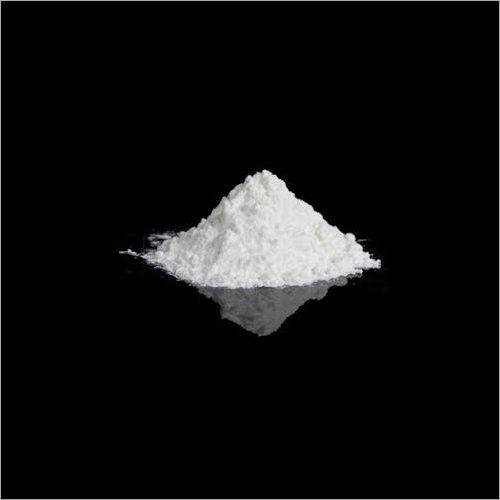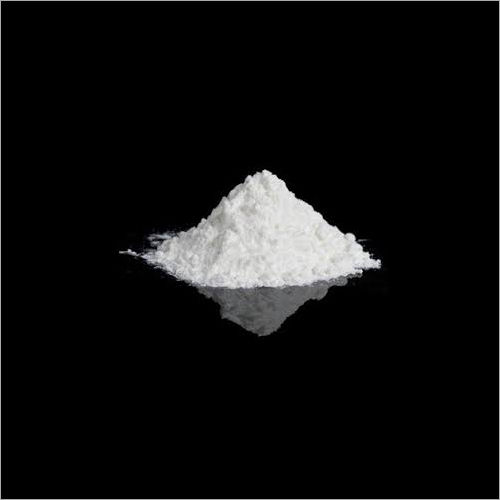

Ketorolac Tromethamine
12000 INR/Kilograms
Product Details:
- Medicine Name Ketorolac Tromethamine
- Grade Industrial Grade
- Physical Form Powder
- Click to view more
X
Ketorolac Tromethamine Price And Quantity
- 12000 INR/Kilograms
- 25 Kilograms
Ketorolac Tromethamine Product Specifications
- Industrial Grade
- Powder
- Ketorolac Tromethamine
Ketorolac Tromethamine Trade Information
- 500 Kilograms Per Day
- 1 Days
Product Description
Ketorolac tromethamine, often simply referred to as ketorolac, is a nonsteroidal anti-inflammatory drug (NSAID) used for its analgesic (pain-relieving) and anti-inflammatory properties. It is commonly prescribed for the short-term management of moderate to severe pain, such as that occurring after surgery or due to conditions like kidney stones or dental procedures.
Ketorolac works by inhibiting the production of prostaglandins, which are substances in the body that contribute to inflammation, pain, and fever. By blocking the action of these prostaglandins, ketorolac helps to reduce pain and inflammation.
It is available in various forms, including oral tablets, intramuscular injections, and ophthalmic solutions. The route of administration and dosage depend on the specific condition being treated and the patient's individual needs. However, it's important to note that ketorolac is typically not recommended for long-term use due to its potential for causing gastrointestinal ulcers, bleeding, and kidney problems.
Like all medications, ketorolac can have side effects and interactions with other drugs, so it's important for patients to use it under the guidance of a healthcare professional and to report any adverse reactions they experience. Additionally, it's crucial to follow the prescribed dosage and duration of treatment to minimize the risk of complications.
Ketorolac Tromethamine Properties:
1. Synonyms: (+/-)-5-Benzoyl-2,3-dihydro-1H-pyrrolizine-1-carboxylic acid tris(hydroxymethyl)methylamine salt; Toradol; Ketorolac tris salt
2. CAS Number: 74103-07-4
3. Molecular Formula: C15H13NO3
4. Molar Mass: 255.27 g/mol
Tell us about your requirement

Price:
Quantity
Select Unit
- 50
- 100
- 200
- 250
- 500
- 1000+
Additional detail
Mobile number
Email








